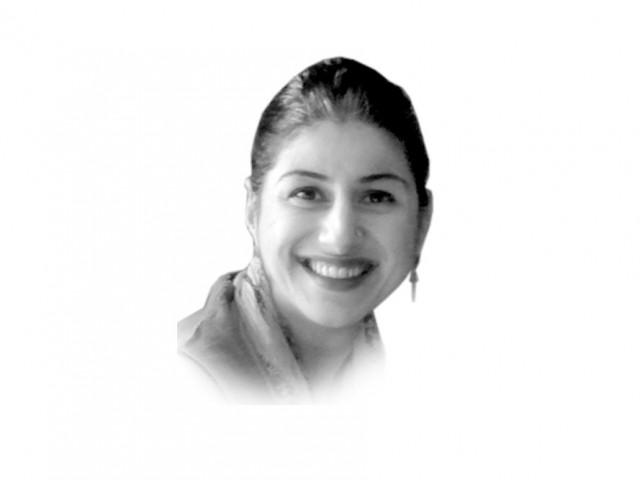Marginally less invisible
The floods might be an opportunity for the minorities who are otherwise forgotten to become marginally less invisible.

Marginally less invisible
There was one large camp that struck me as distinctive. However, this was not because of the camp itself, made of a couple of hundred tents, but the people who were there. There was quietness about them, a despair that reached beyond a month of suffering. In previous camps that we had visited, women were eager to talk, tell us their stories, and take what we may have to offer. At this particular camp, the manner of the survivors was completely different. It was not just in the way they talked, or what they did not say, but also in the posture, how they inhabited their space, how little of it they took up, and the way in which they inhabited it. At the farthest end of the row of tents, an older man sat on his haunches.
I asked him his name, but no answer. When I asked where he had come from, he replied ‘goth’. From the bag of clothes I had been given to distribute, I took out a few items. Unlike the other survivors who were eager to take what I held forward, this man did not move a finger. These are clothes, I said. Do you want them? He continued staring, and gave an almost imperceptible shrug. Do you understand Urdu, I asked the man, having come across mostly Sindhi speakers along the way. Yes, he said, looking at me for the first time. His eyes were grey and watery, the whites yellow. I put the clothes on the ground at his feet, and walked to the door of the tent. I had some biscuits and clothes for children, which I gave to the woman who also hesitated to take anything from my hand.
“First, it’s because they’re not Muslims; they’re scheduled caste peasants,” our military escort, a colonel, said to me. “Second, they have not owned anything ever in their lives or over the generations. Everything that you saw there, including the livestock, the few buffalo and goats are owned by the landlord of their area. These people keep them for him.” The colonel went on to explain the process to me of how a calf is given to a family to raise. While the family cares for the animal, 50 per cent of its produce, such as milk and fertiliser, is given as interest to the landlord. Once the buffalo or goat is of age, it is returned.
I just wish the media would give the state of these peasants more attention. It may not be too late. As an employee at a foreign donor agency said to me the floods might be an opportunity for some of these people who are otherwise forgotten to become marginally less invisible.
Published in The Express Tribune, September 16th, 2010.












1724319076-0/Untitled-design-(5)1724319076-0-208x130.webp)


COMMENTS
Comments are moderated and generally will be posted if they are on-topic and not abusive.
For more information, please see our Comments FAQ